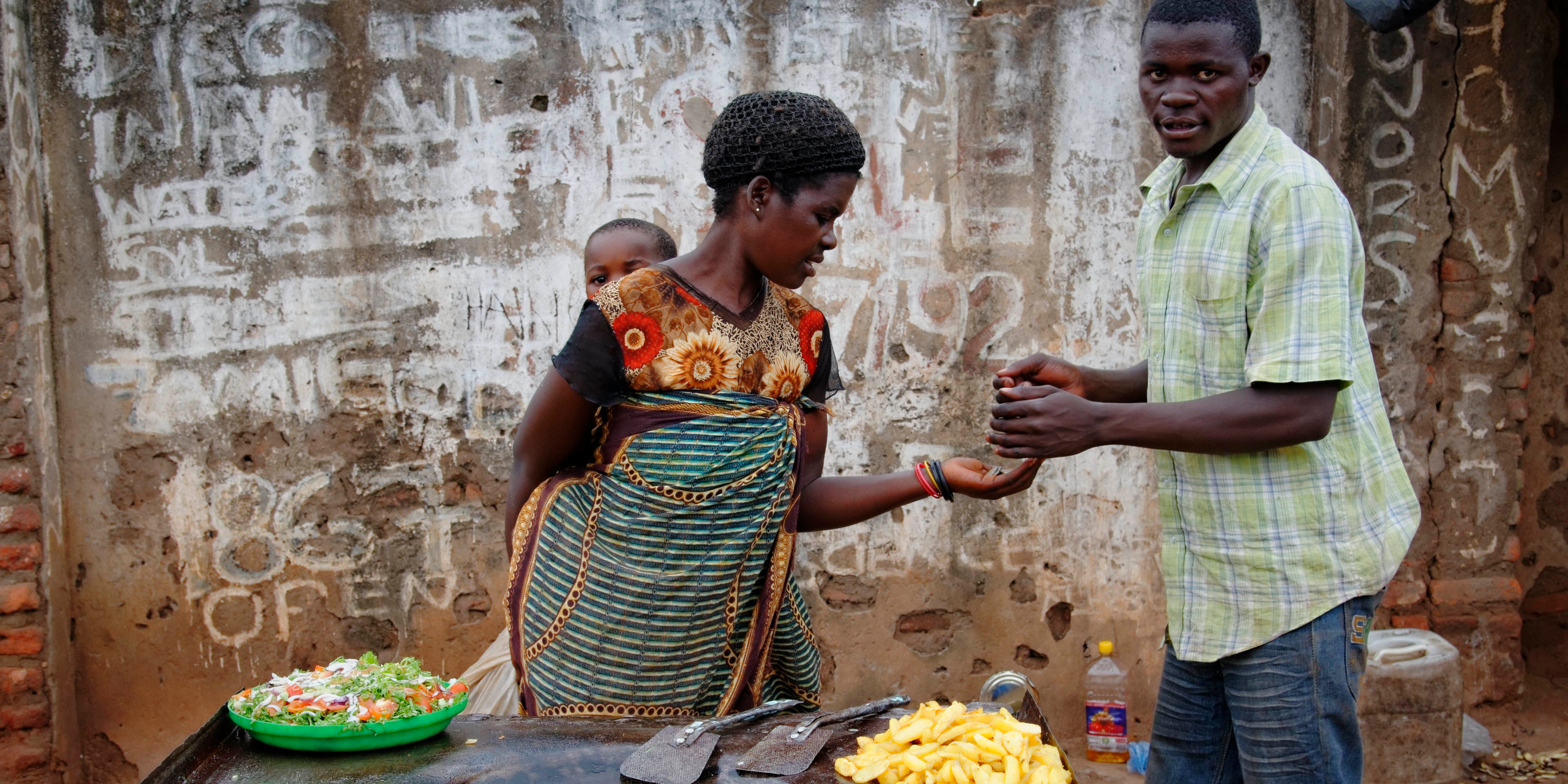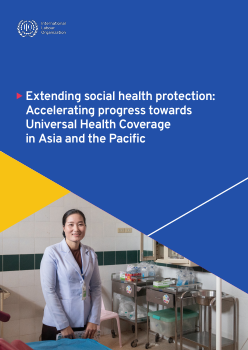More than 60 per cent of the global workforce is in informal employment and most of them face serious decent work gaps, including a lack of social health protection. This lack of protection is a major source of vulnerability because these workers cannot count on access to health care and a basic level of income security during sickness and maternity. Covering these categories of workers requires not only an extension of legal coverage but also additional measures to ensure that social health protection mechanisms are adapted to their situation.
Informal Economy and health
- Workers in the informal economy often engage in the most hazardous jobs, conditions and circumstances.
- Preventive measures, in the form of OSH management systems and a general safety culture, to reduce risks at work often do not reach the informal economy.
- Preventive measures, in the form of OSH management systems and a general safety culture, to reduce risks at work often do not reach the informal economy.
- As they do not benefit from labour protections, they are often subject to working conditions that can have adverse impacts on their health and well-being, such as long working hours.
- The fact that they often cannot benefit from income support benefits in case of sickness, maternity or disability also impacts health outcomes.
- Therefore ensuring their access to social health protection is permanent
OTHER RELEVANT RESOURCES
- Social Health Protection and Informal Economy brief (forthcoming)
- Informal Economy resource package
- Global evidence on inequities in rural health protection : New data on rural deficits in health coverage for 174 countries
- Women and Men in the Informal Economy: A Statistical PictureWomen and Men 2018
- ITC-ILO Modules on extension of coverage to the informal economy (forthcoming)
- Review of international experience in social insurance sickness benefits for gig workers


